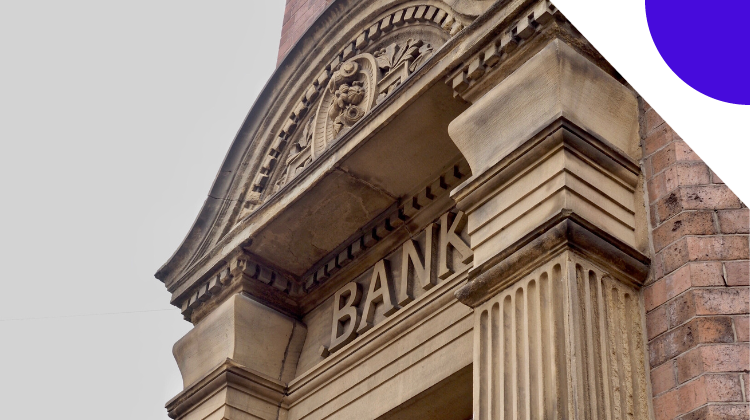Bank of America faces a lawsuit about its overdraft fee relief program it offered during the pandemic
- A lawsuit charges that Bank of America's overdraft fee relief program it launched in 2020 prevented clients from using less expensive options.
- We dive into how the details of the recent lawsuit and how it speaks to the CFPB's "war on junk fees".

When the pandemic was still in full swing in March of 2020, Bank of America launched a “Client Assistance Program” which promised to enable customers to request a refund for overdraft fees, non-sufficient funds fees, early withdrawal penalties for certificates of deposit, and monthly maintenance fees. The firm stated then that, it would decide to refund on a case-by-case basis.
The news: In its announcement, the bank stated that the program was meant to offer relief to its customers during the pandemic, similar to measures taken by the firm during other difficult periods like natural disasters and government shutdowns.
Three years later, the bank is now facing a lawsuit which claims that the firm made false promises in regards to the relief program.
Relief or the lack thereof: The current case is a revival of a filing that was at first dismissed by judge Yvonne Gonzalez Rogers of the US District Court for the Northern District of California in 2022. But this time Rogers has ruled that the plaintiffs have plausibly argued that the bank misled customers on its website and mobile app, and led them to believe that they could access relief, even though the bank had quietly sunsetted the program in August of 2020.
However, BofA continued to advertise the existence of the relief program after this date:
- At least until October 29, 2020, BofA’s website showed text that led people to believe the program was still running.
- In its “Coronavirus Fact Sheet” issued on October 8th of the same year, BofA again claimed the existence of the program.
- A full year after the end of the relief program, customers continued to be redirected to the relief program through the bank’s mobile app.
One of the lead plaintiffs in the case, Anthony Ramirez of California, a truck driver, accrued $245 in fees when he overdrew his account in August 2021. By that time, the firm had already shuttered the program for one year, but the misleading redirection to the relief program inhibited Ramirez from taking on “less costly steps”, according to the suit.







